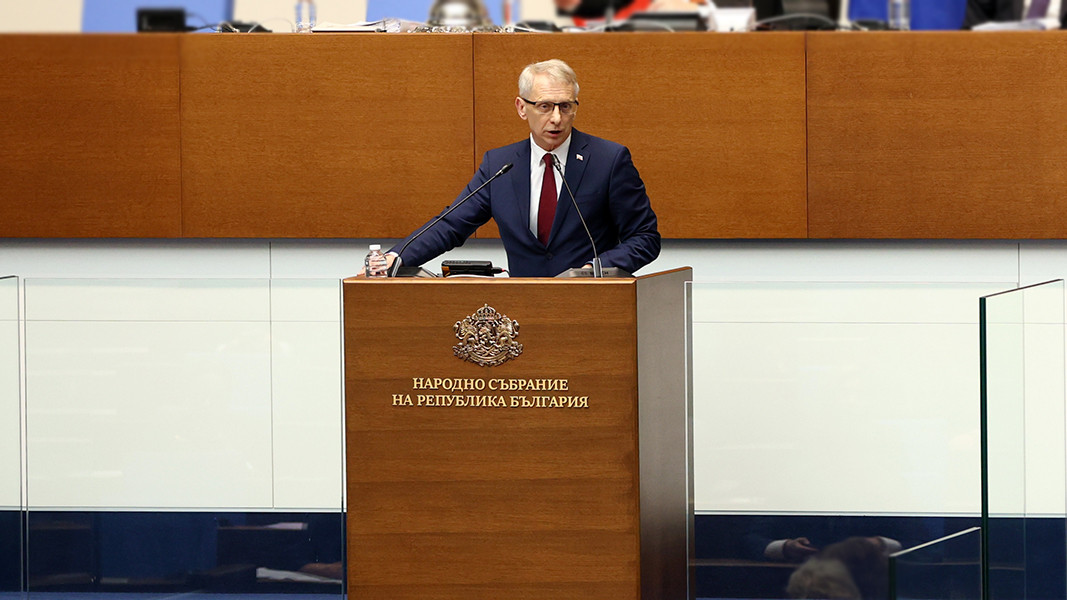

Bulgaria contributes to the defense of Ukraine and the common security of the European Union through the weapons it produces and with the decision to participate in the SAFE financial mechanism, through which the European defense industry should be..
Serbian President Aleksandar Vucic talks of early parliamentary elections Serbian President Aleksandar Vucic said he cannot run for office again in the next election and that "it would not even occur to him" to change the constitution to do so,..
First Azeri gas shipment for Ukraine across Bulgaria and Romania Ukraine’s state-owned energy company Naftogaz signed its first agreement with the Azeri state-owned oil and gas corporation SOCAR for the import of natural gas along the Transbalkan..

+359 2 9336 661
